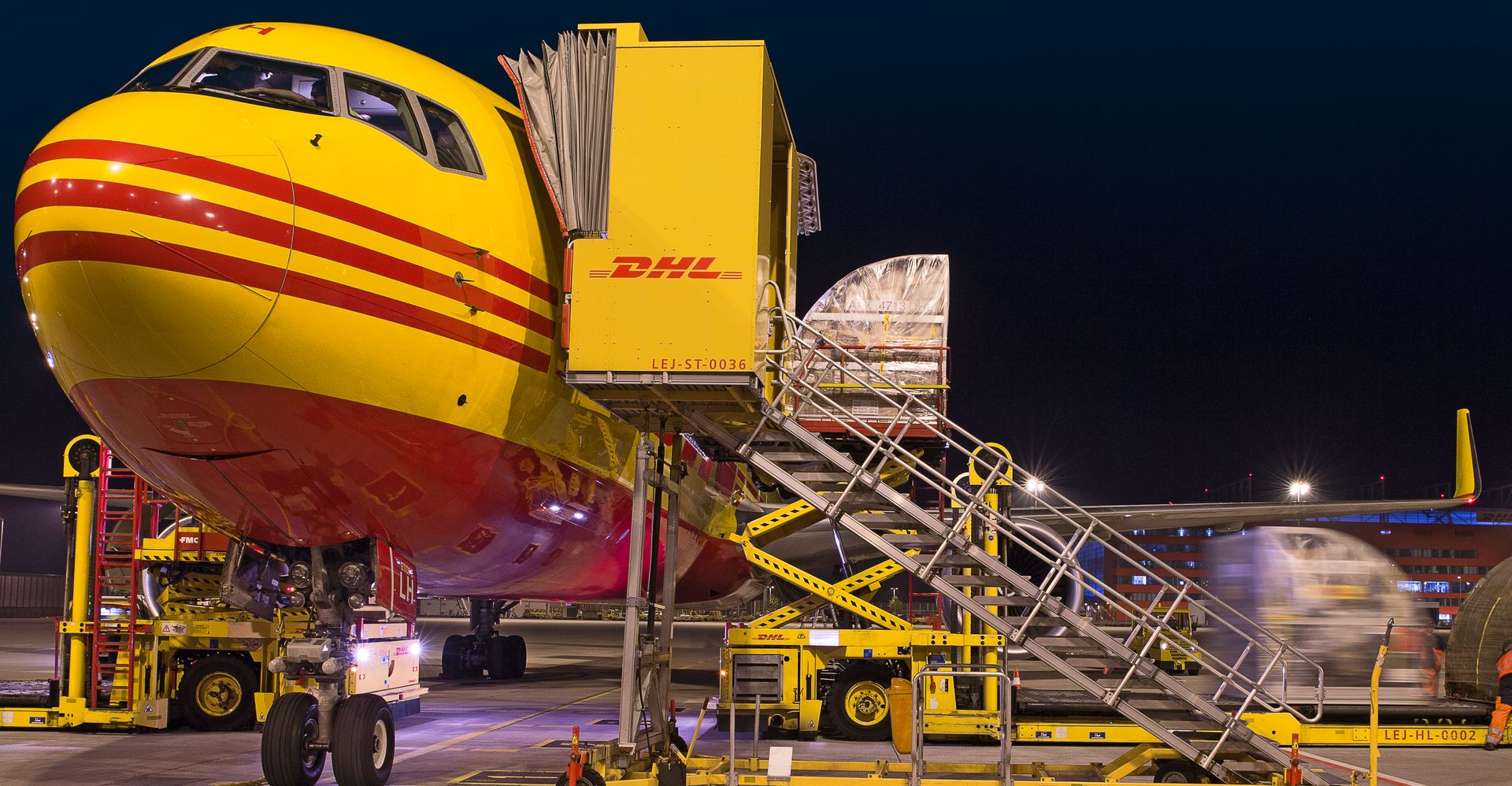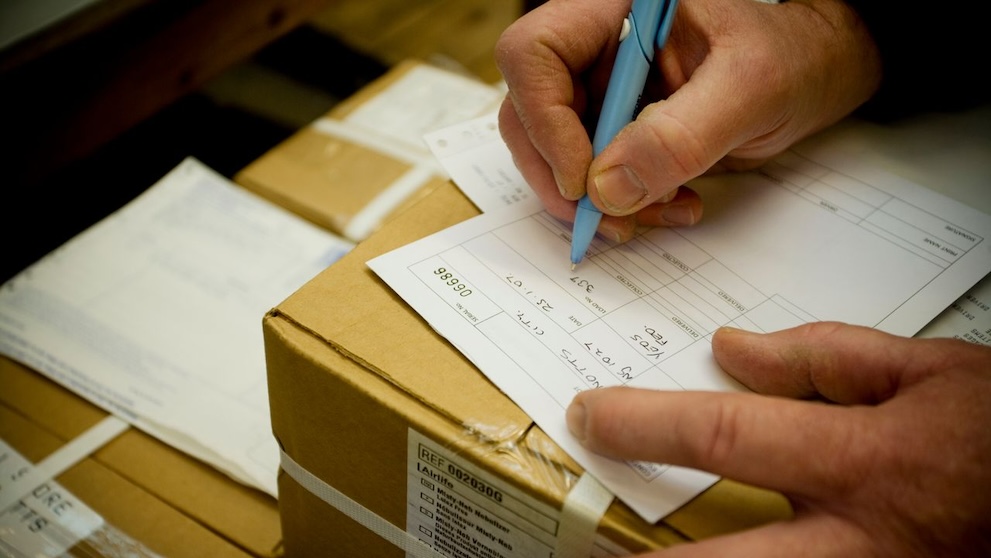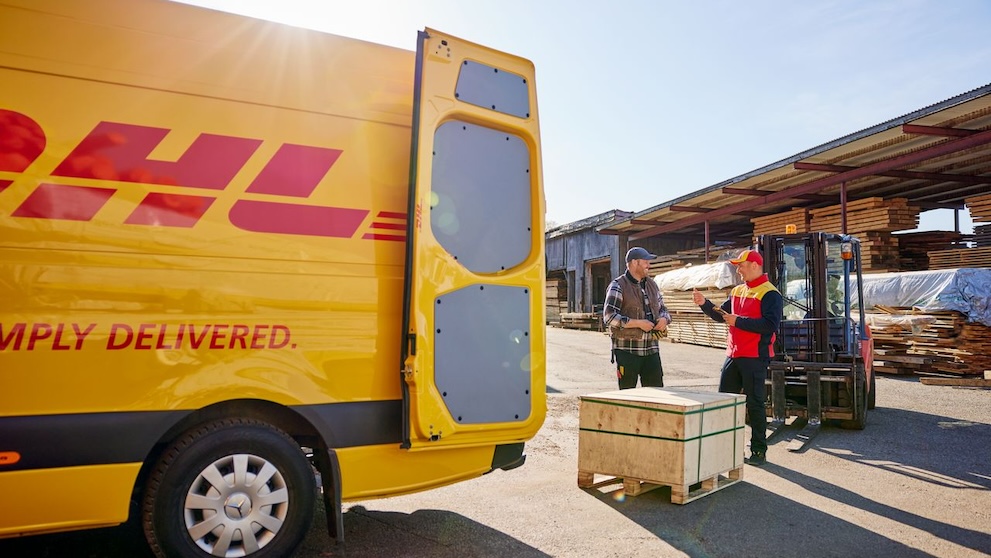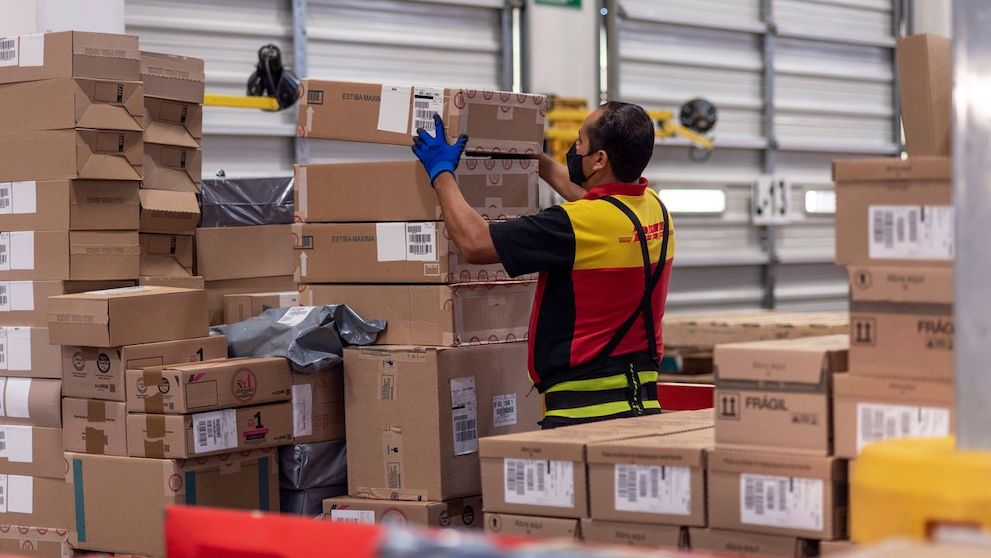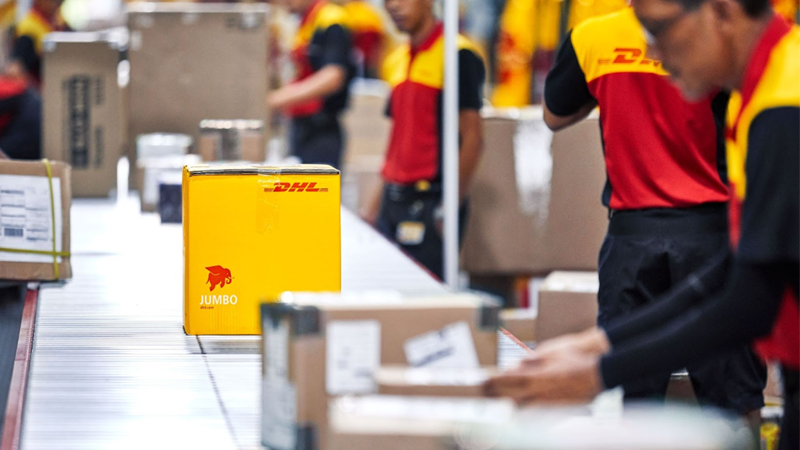For businesses in Singapore looking to tap into the US market, understanding the customs regulations and shipping procedures is paramount to ensure a smooth and efficient export process, avoiding costly delays.
This guide provides updated information for 2025 on the key import documents, e-commerce requirements, and customs rules for various goods when shipping from Singapore to the USA.
Key Import Documents Necessary
Accurate and complete documentation remains crucial for successful customs clearance. Ensure you have the following:
- Waybill: With a comprehensive and precise description of the goods being shipped.
- Commercial Invoice: This must clearly itemize all costs separately, including:
- Goods Value
- Freight charges
- Insurance costs
- Specify the number of original copies required and any specific signature requirements.
- Permits: Depending on the nature of the goods and relevant agency requirements. For instance, shipments involving animal products may still require Fish and Wildlife Service (FWS) permits.
- Licenses: Necessary for commodities intended for defense and military use.
- Required Certificates: For claiming benefits under Free Trade Agreements and for Returned Goods.
Important Note: Regulations and specific documentation requirements can evolve. It is always advisable to verify the latest requirements with the relevant US authorities (e.g., Customs and Border Protection) or your chosen shipping provider before preparing your shipment.
Key Import Requirements for E-commerce Businesses
E-commerce continues to be a significant driver of international trade. Businesses shipping to the USA should be aware of these updated import requirements:
- De Minimis Value: The de minimis clearance value remains at US$800 per consignee per day. This means that multiple shipments can be sent to the same receiver on the same day, provided the total aggregate value does not exceed US$800.
- No Exceptions to Other Government Agency Requirements: Even for shipments below the de minimis value, adherence to regulations from other US government agencies (e.g., FDA, USDA, FWS) is still mandatory.
- Tax ID (SSN/EIN): For shipments valued over US$2,500, a Tax ID (Social Security Number for individuals or Employer Identification Number for businesses) of the consignee is required.
- E-commerce Returns: When processing returns, providing the original export details, such as the House Waybill (HWB) number and the date of export, is essential for efficient processing.
Customs Rules for the USA
The following are key customs considerations for common goods imported into the USA. Always refer to the official CBP website (https://www.cbp.gov/travel/us-citizens/know-before-you-go/prohibited-and-restricted-items) for the most up-to-date and comprehensive list of prohibited and restricted items.
Effective April 21st, 2025, and until further notice, DHL will temporarily suspend the collection and shipping of business-to-consumer (B2C) shipments to private individuals in the United States where the declared customs value exceeds USD 800. Shipments – both B2B & B2C - with a declarable customs value below USD 800 are not affected by the suspension. Read more about it here.
Fabrics
The requirement for Textile Declarations has been removed. Shippers now need to report the complete name and address of the manufacturer for each article in the shipment. The Commercial Invoice should include all other necessary details like fabric content, intended gender, knit/woven specification, and the individual value of each item.
Chemical and Non-Hazardous Goods
A signed Toxic Substance Control Act (TSCA) Declaration may still be required for shipments containing chemical substances, mixtures, or articles with chemical components. Compliance certification is necessary for CBP release. Refer to the EPA website for more information: https://www.epa.gov/tsca-import-export-requirements/tsca-requirements-importing-chemicals. Specifying TSCA compliance or non-applicability on shipping documents remains crucial. Providing a Material Safety Data Sheet (MSDS) is still recommended.
Foodstuff (including grain)
Regulations for food imports remain stringent.
- Cheese and Cheese Products: Subject to FDA and USDA regulations and potential quotas.
- Milk and Cream Products: Governed by the Food, Drug and Cosmetic Act and the Import Milk Act, potentially requiring permits from the FDA and USDA.
- Meat and Meat Food Products: Derived from specific animals (cattle, sheep, swine, goats, horses) are under USDA regulations and require inspection by the FSIS and CBP Agriculture Program and Liaison Office. Meat products from other sources are subject to APHIS regulations. Inspection certificates from the origin country are mandatory for all imported meat, poultry, and egg products. Consult https://www.cbp.gov/sites/default/files/documents/Importing%20into%20the%20U.S.pdf for more details.
- Honey: Import for bee feed is regulated by the USDA (refer to https://www.aphis.usda.gov/aphis/ourfocus/planthealth/import-information/permits/plant-pests/bees/ct_restricted_articles). Honey for human consumption falls under the FDA’s CFSAN and requires separate permits/documentation.
- FDA Registration and Prior Notice: Shippers must still register with the FDA and provide prior notice for all food shipments, with exceptions for genuine non-commercial gift packs and personal gifts. More information is available at http://www.fda.gov/Food/GuidanceRegulation/ImportsExports/default.htm.
- Agricultural Commodities: Certain commodities may still require FSIS inspection for import compliance.
- Cotton and Tomato Products from Xinjiang: Restrictions on products originating from or containing cotton and tomatoes from the Xinjiang Uyghur Autonomous Region in China due to forced labor concerns remain in effect. Such shipments may be detained, seized, exported, or destroyed unless the importer can provide evidence of non-forced labor.
Plants, Animals, and Their Products and By-products
Strict APHIS inspection and quarantine requirements apply to all plant, plant products, livestock, animals, and animal by-products. Shipments without prior approval are subject to seizure or Return to Origin (RTO). Refer to https://www.aphis.usda.gov/aphis/ourfocus/importexport for detailed information. Obtaining necessary permits before import and including them with the paperwork is crucial. Consignee tax ID and Power of Attorney (POA) may also be required. Certain products might still need a CITES document attached externally (refer to http://www.fws.gov).
Drugs (in pharmacy with or without prescription)
- Commercial B2B Shipments: Import of OTC and prescription medications remains highly regulated. The import invoice must include: FDA approval permit, registration and listing, premarket submission information, declared manufacturer and importer/consignee, precise product description (dosage, form, generic name, derivation, chemical composition), affirmations of compliance, and intended use codes. More details can be found at https://www.fda.gov/drugs/guidance-compliance-regulatory-information/human-drug-imports.
- Non-Prescriptive OTC Medication (B2C/C2C): Import by individuals is generally prohibited.
- Prescribed Medications (Individuals): Import is limited to a 3-month (90-day) supply under specific conditions: no effective treatment available in the USA, doctor's documentation (name, address, drug details, quantity, condition), and for US citizens, their SSN; for foreign citizens, passport and number, including their US stay duration. See https://www.fda.gov/industry/import-basics/personal-importation for further information.
Cosmetics
As of July 7, 2023, all commercial cosmetics imports require FDA approval before CBP clearance. Formal entry filing is mandatory, including CBP Form 301, entry summary, bill of lading, and commercial invoice. Filing must occur within 5 working days of arrival. Providing the manufacturer’s registration/establishment number and a cosmetic registration number is still recommended to avoid delays. Refer to https://www.fda.gov/cosmetics/cosmetics-international-activities/cosmetics-importers for more information.
Mobile Phones, Accessories, and Components
The requirement for a test summary for lithium cell or battery shipments remains in effect. This summary must include detailed information as previously outlined (manufacturer details, test lab details, report information, cell/battery description, test results, UN Manual reference, and signatory details). The prohibition on shipping damaged or defective Samsung Galaxy Note7 batteries via air remains until further notice from aviation authorities.
Motor Vehicles and Parts
Import of motor vehicles still requires NHTSA approval. Approved vehicles must have a certificate with manufacturer details, date of manufacture, and FMVSS compliance statement.
Tobacco and Tobacco Products
Import is regulated by the TTB, and a valid import permit is still required for all cigars, cigarettes, smokeless tobacco, pipe tobacco, and roll-your-own tobacco. Refer to https://www.ttb.gov/tobacco/importer and https://www.fda.gov/industry/importing-fda-regulated-products/importing-tobacco-products for specific regulations and labeling requirements. The prohibition on importing and exporting e-cigarettes, vape devices, products, and accessories to and from the US (excluding transit shipments) remains in place as of March 26, 2021.
Medical/ Dental Supplies & Equipment
Both CBP and FDA clearance are still necessary for all surgical and hospital instruments. Importers must provide the FDA with declared manufacturer and importer/consignee details, product description, and Affirmations of Compliance (A of C). More information is available at https://www.fda.gov/industry/importing-fda-regulated-products/importing-medical-devices. For the import of COVID-19 related supplies, refer to the guidance at https://www.fda.gov/industry/importing-fda-regulated-products/importing-covid-19-supplies.
Eyeglasses & Contact lenses
FDA clearance is still required for sunglasses, spectacles, lenses, frames, and magnifying spectacles. The consignee’s Tax ID and Power of Attorney are needed. Lenses must comply with impact-resistant regulations (http://www.fda.gov/MedicalDevices/DeviceRegulationandGuidance/GuidanceDocuments/ucm150001.htm).
Personal Effects
The conditions for conditionally duty-free entry of household effects (used abroad for at least one year, not for sale or another person, excluding clothing, jewelry, photography equipment, portable radios, and vehicles) remain. Duty is usually waived on personal effects older than one year. Vehicles are still subject to duties. A CF3299 form should be completed before importation (https://help.cbp.gov/s/article/Article-107?language=en_US).
Antiques and Works of Art
For original works of art, the invoice must still include the artist's name, production year, edition (if applicable), and artwork title. More information is available at https://help.cbp.gov/s/article/Article-360.

Shipping Process from Singapore to the US
The fundamental steps for shipping remain consistent:
- Create a DHL Express Air Waybill (AWB).
- Prepare a shipping invoice.
- Pack your shipment securely.
- Schedule your shipment collection.
DHL's MyDHL+ continues to streamline this process, allowing you to manage all these steps on a single platform.
Important Notes:
- For all shipments entering the US valued over US$2,500, providing the consignee's or importer's phone number and email address on both the invoice and AWB is still mandatory.
- If an individual Harmonized Tariff Schedule (HTS) item is valued over US$2,500 (Canada remains exempt) or requires a US export license regardless of value, an Electronic Export Information (EEI) filing with US customs authorities is still necessary.
- If DHL completes the EEI filing and the shipment transitions to an Import Express account, a Power of Attorney (POA) from the foreign buyer (receiver) will still be required.
- PO Box, APO, and FPO addresses are still not permitted for shipments to the USA.
- The authorization for importing goods of Iranian origin (foodstuffs for human consumption, carpets, and textile floor coverings/wall hangings) remains in place.
Benefits of Shipping Goods with DHL Express to the USA
Utilizing DHL Express for your shipments from Singapore to the USA continues to offer several advantages:
- Extensive global network covering over 220 countries and territories.
- Simplified door-to-door shipping services for parcels of all sizes, including last-mile delivery.
- Flexible delivery options through tools like ODD (On-Demand Delivery).
- User-friendly platforms like MyDHL+ and MyBill for easy shipment management.
- Real-time tracking and transparent shipment status updates.
- Access to customs and logistics expertise.
- Potentially cost-effective solutions with transparent pricing for business account holders.
For the most current information on specific commodities and services, it is always recommended to contact DHL Express' certified international delivery and logistics specialists.









